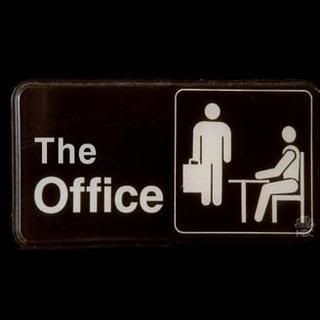Holden Caulfield was tired of phonies, so he left. He left to a world without fake people, school or discipline, and decided to trek to New York City, just to float around until Wednesday when he can come home and reveal to his family that he has been expelled from yet another boarding school. While on his vacation, he reconnects with old friends, drinks when he can pass for a person of age, and travels all throughout the city. Through this, he slowly realizes what he truly loves and wants, through describing the things he hates, believes and experienced. J.D Salinger's impeccable ability to give voice and meaning to his characters allows for The Catcher in the Rye to be called a classic.
We read the book as Caulfield's journal, glimpsing into his life, thoughts and actions. So, as we are first getting to know the character, it begins slowly, as things need to be introduced and explained for the reader to ultimately become invested in Caulfield as a person in the end. We see him slowly go through the motions of someone loosing control. At first, things are simple and Caulfield seems like a normal teenage boy, getting into fights and calling names. Over time though, we begin to see his problems are bigger then he can handle with hopeless attempts at connecting with people, episodes of talking to his deceased brother, Allie in the streets, and almost constantly getting drunk in bars and restaurants. At the end of the book we know he can't save himself, and he knows as well, finally giving up and escaping back to see a place he understands. The way Salinger conveys Caulfield's complex emotional status, it seems like he has studied the character he wanted to write years before the pen touched the paper. The way we see the character change is intimate and fragile, almost as if one thing were to be changed, the book on the whole would change as well.
That being said, Salinger's way of writing in the style of a teenager is right on the mark. He fragments sentences, jumbles words, and writes just like a person of Caulfield's era and age would speak. This only adds to the readers sense of connecting with him, as we don't see him distanced by a third person voice, but like he is talking to us, even occasionally using words like "you". When he says that he is "a madman sometimes", I felt like the character peered out of the pages and looked directly at me.
Something that I also appreciated was the fact that things were revealed at the end of the novel. There was mystery in the title and his past. Although the wait at times feels as if nothing is going to get wrapped up, it does, and in a perfectly timed way. Just when we see that Caulfield can no longer function, when his mind is slowly escaping him, events occur to bring him back to reality.
The book was written beautifully. Although hard to get into at first, it picks up pace, as we slowly but surely begin to see Caulfield unravel and come back together as a person in a perfectly poetic way.
